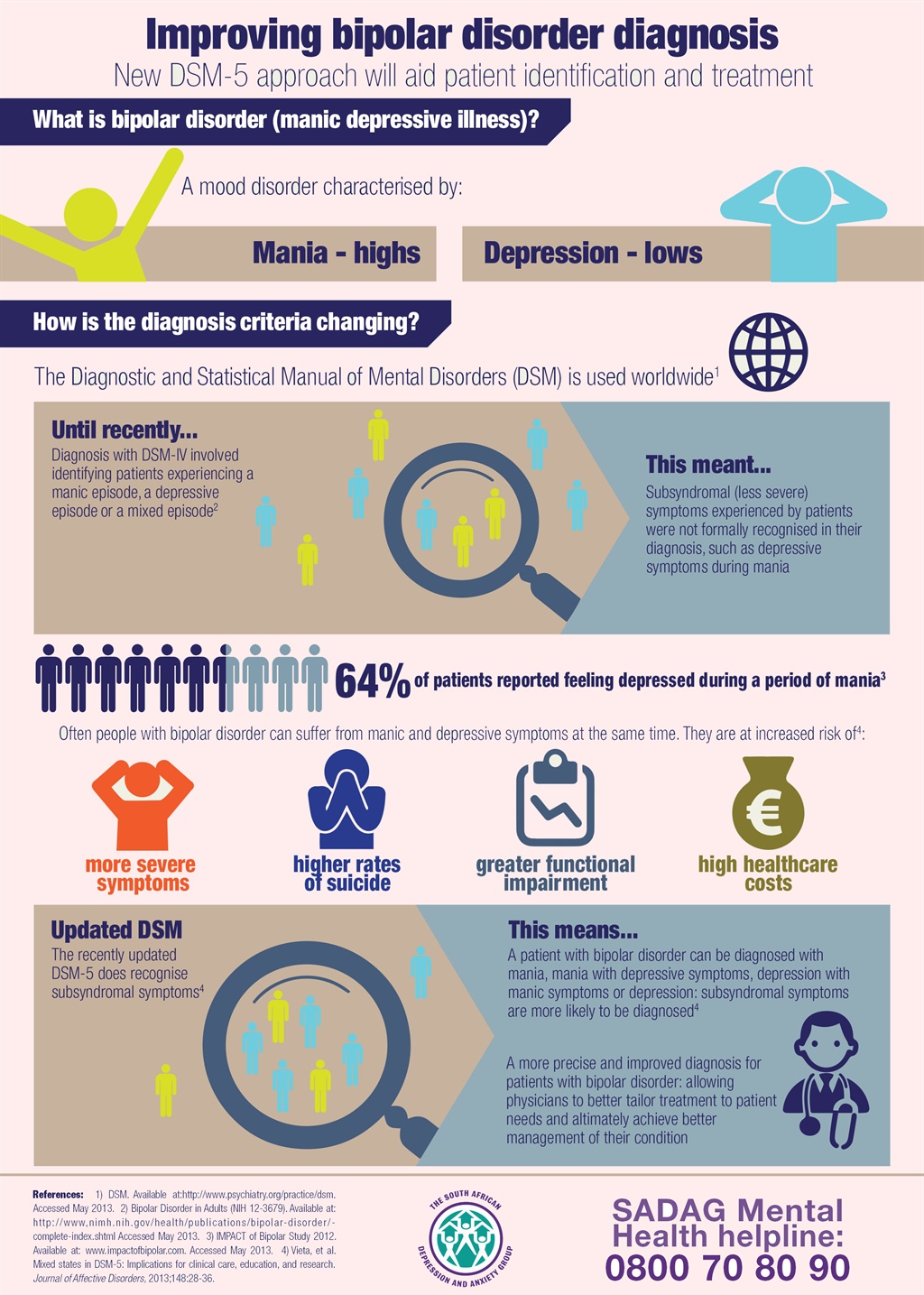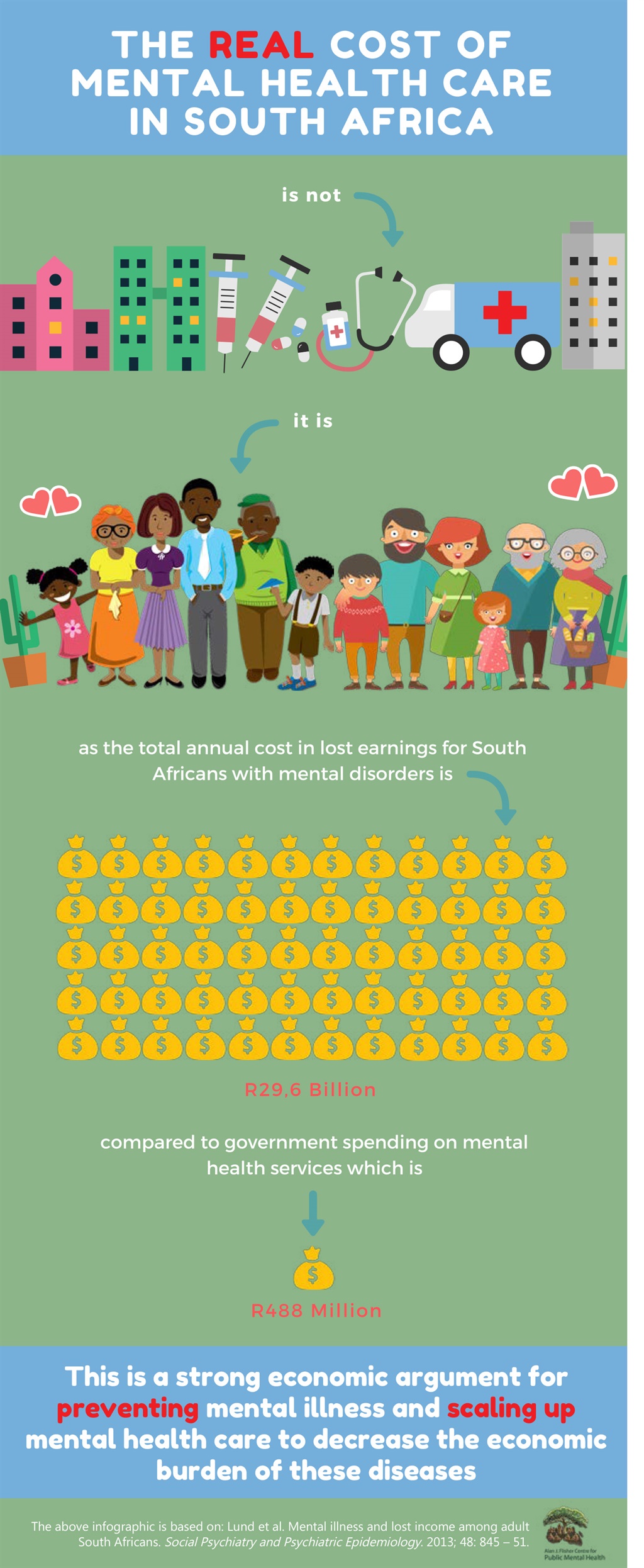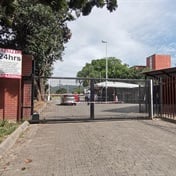
One in four employees has been diagnosed with depression.
This according to research conducted by the South African Depression and Anxiety Group in 2015.
This year, the group conducted an online survey of 499 participants called Stigma in the Workplace, which revealed that “44% of the respondents indicated that they were uncomfortable with disclosing their mental health issue to a manager, which callers often express when they call the group’s helpline looking for advice or help”.
With such a large portion of the work force dealing with very real issues on a daily basis, what is the actual cost of mental illness and why is it important to increase the conversation around this?
Well, for starters, the depression and anxiety group reports that the total annual cost in lost earnings for South Africans with mental disorders is R29.6 billion as opposed to the health department allocating a mental health budget of R488 million.
This means that not enough resources and skills are being utilised to help assist mental health sufferers, which has a ripple effect on organisations. Some of these effects include loss in productivity, an increase in leave days and unmotivated or uninterested employees in the work place.
The depression and anxiety group reports that when a person undergoes an episode of depression, which costs the country more than R232 billion in lost productivity (about 5% of the country’s gross domestic profit), some of the cognitive symptoms experienced include: difficulties in concentrating, making decisions and remembering, which in turn cause significant impairment in work function and productivity.
The World Health Organisation reports that while work is good for mental health, a negative working environment can lead to physical and mental health problems.
“A recent WHO-led study estimates that depression and anxiety disorders cost the global economy $1 trillion each year in lost productivity,” WHO reports.
Statistics South Africa reported unemployment in South Africa for 2017 currently standing at 27.7%, its highest level since 2003, with the WHO saying that unemployment is a “well-recognised risk factor for mental health problems”.
The depression and anxiety group’s operations director, Cassey Chambers, says: “This is one of the reasons why it’s vital to examine how mental health is managed in the workplace and what procedures are in place to ensure that affected employees are encouraged to and supported in seeking treatment.”
How to achieve a healthy worplace enviroment
The World Health Organisation reiterates this, by saying that an important element of achieving a healthy workplace “is the development of governmental legislation, strategies and polices as highlighted by recent European Union Compass work in this area”.
The World Economic Forum suggests a three-pronged approach towards implanting interventions at the work place:
• Protect mental health by reducing work-related risk factors;
• Promote mental health by developing the positive aspects of work and the strengths of employees; and
• Address mental health problems regardless of cause.
Of the respondents in the Stigma in the Workplace survey, 79% of them were female. One respondent who offered his/her personal experience after revealing their mental illness to a manager was a negative one.
“I was made to feel weak and was rejected and felt unworthy,” the respondent said.
Another respondent said that they couldn’t take time off work to see a psychologist.
In order to help curb the stigma around depression, the depression and anxiety group offers various workshops and talks to both employees and organisations.
“By bringing depression, bipolar, panic, and trauma out into the open and raising awareness about the symptoms and treatment of these disorders, we will make the South African workplace healthier,” says Chambers.




 Publications
Publications
 Partners
Partners










